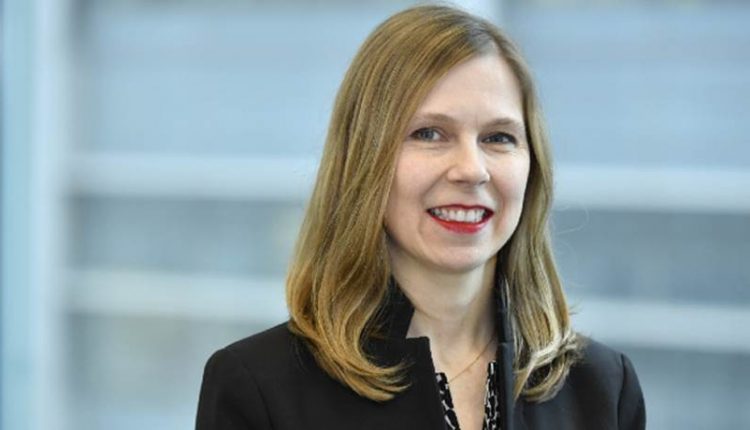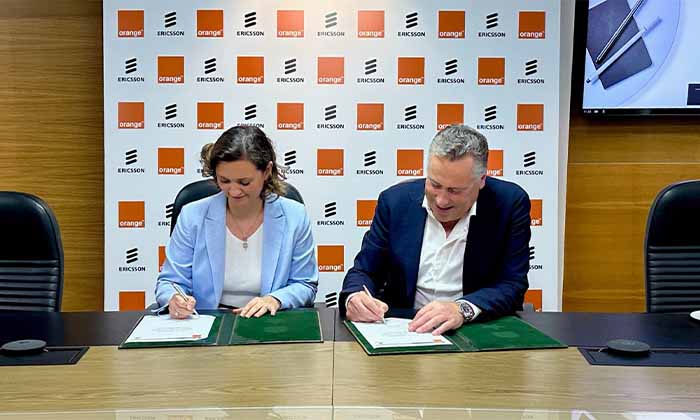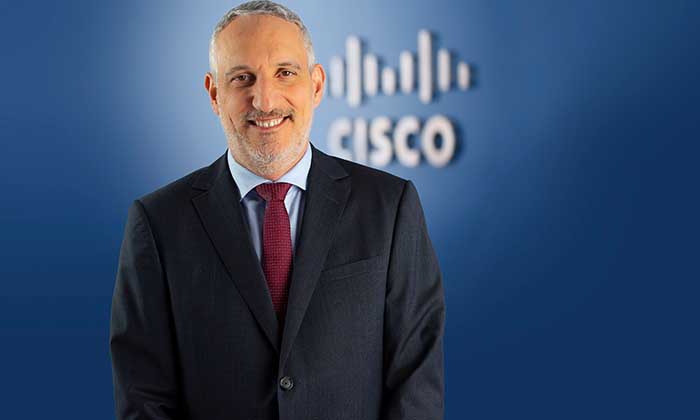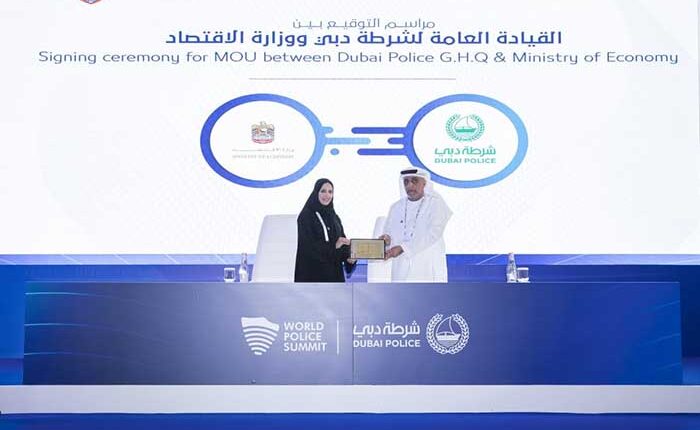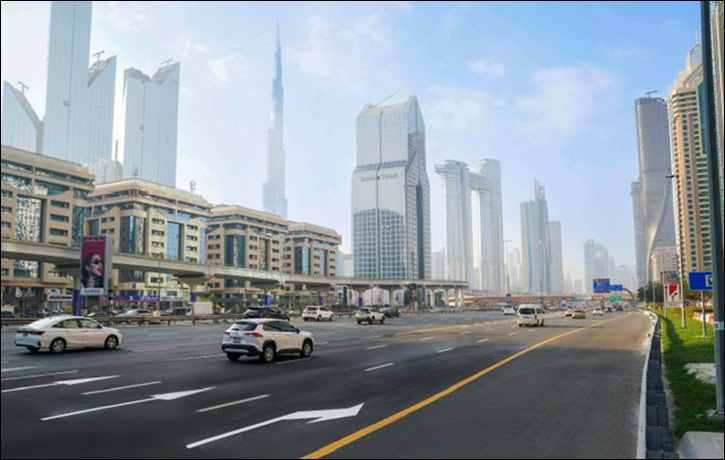Previous Head of Lebanon and senior SEMED advisor
The European Bank for Reconstruction and Development (EBRD) has appointed Gretchen Biery Director for its eastern Mediterranean region, leading its operations in Jordan, Lebanon and the West Bank and Gaza.
Ms Biery took up her new role on 1 September 2023, reporting to the Managing Director of the southern and eastern Mediterranean (SEMED) region. She will be based in Jordan, where she succeeds Philip ter Woort.
An American national, Ms Biery joined the Bank in 2018 as Head of Lebanon, based in Beirut, where she established the EBRD’s office and oversaw operations. Since 2021, she has been Senior Advisor to the Managing Director of the SEMED region, focusing on preparations for the Bank’s potential expansion into sub-Saharan Africa and Iraq, as well as working with newer shareholders in the region, including Algeria.
“It is a great privilege to take over this role delivering the EBRD’s activities in the eastern Mediterranean,” Ms Biery said. “I’m very happy to return to the region and look forward to building on the achievements of my predecessors, supporting the region’s economy and working to deliver the Bank’s green and sustainable agenda with the public and private sectors.”
Prior to joining the Bank, Ms Biery held strategic and operational positions at multilateral development banks and the US Treasury, and consulted for bilateral development agencies. She worked extensively
in the Middle East and south-east Asia.
She brings to the role vast knowledge of the region, significant public-sector and policy dialogue experience, as well as experience supporting private-sector development.
She holds a master’s degree in international relations and economics from the Johns Hopkins University School of Advanced International Studies and a degree in international political science from the University of Louisville.
The EBRD launched its operations in the SEMED region in 2012 and, to date, has invested over €19.2 billion there. The Bank is working to strengthen the resilience of local economies in the region with a combination of investment and policy engagement. It focuses on supporting small and medium-sized enterprises, promoting agribusiness, developing infrastructure and local services, supporting renewable energy and energy efficiency, and developing local capital markets.
